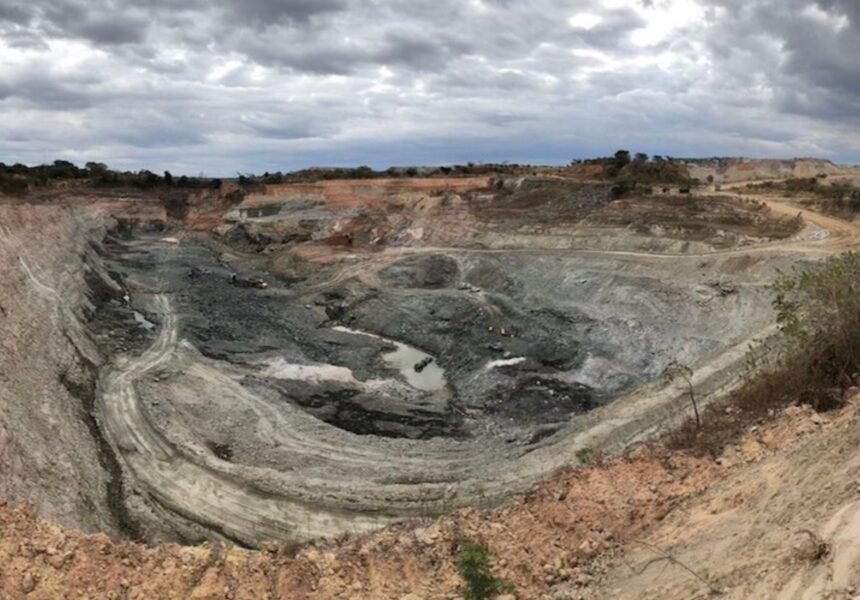The Zambian government has reversed its recent decision to reinstate a 15% export duty on precious stones and metals following strong opposition from mining industry leaders and key stakeholders. Initially reintroduced as a measure to boost government revenue, the tax was suspended on Tuesday by Minister of Finance and National Planning Situmbeko Musokotwane in an effort to enhance the competitiveness of Zambia’s mining sector in the global market.
In an official statement, the government explained that removing the export duty would encourage investment in the exploration and extraction of precious minerals, ultimately diversifying Zambia’s mineral exports and increasing foreign exchange earnings. The statement further emphasised that the suspension would have a positive impact on the economy, attracting both local and international investors to the country’s mining industry. This decision comes less than two months after the export duty was reinstated, prompting widespread concern among industry players regarding its potential impact on exports, job creation, and overall economic stability.
During a government-led town hall meeting on 21 January at the Mulungushi International Conference Center in Lusaka, stakeholders raised significant concerns over the reintroduced tax. Victor Kalesha, President of the Emerald & Semi-Precious Stones Association, expressed his apprehension that the tax would stifle rather than support the gemstone sector. He cautioned that imposing a 15% duty would reduce exports, lead to job losses, and diminish revenue flowing into the national treasury. He further warned that instead of fostering growth, the tax would push investors and buyers towards countries with more favourable fiscal policies.
Gemfields, a London-based mining company that operates Zambia’s Kagem emerald mine, was among those that voiced strong opposition to the tax. While a company spokesperson could not confirm whether it was represented at the January town hall meeting, Gemfields engaged in direct discussions with the government to address concerns over the policy. Following the increasing pressure from industry leaders, the government announced the suspension of the export duty through an official statement on social media, acknowledging that the decision was influenced by appeals from those working in the precious minerals sector.
On Wednesday, Gemfields welcomed the government’s decision, with CEO Sean Gilbertson commending the swift response as a sign of Zambia’s commitment to economic growth and job creation. He highlighted that the Zambian emerald sector had experienced remarkable growth over the past 16 years and had become the world’s largest emerald exporter. The government’s collaborative approach and willingness to act decisively were, in his view, a clear demonstration of its intent to foster further industry expansion and ensure the continued prosperity of the sector.
Gemfields operates the Kagem mine, widely regarded as the world’s largest emerald mine, in a 75/25 partnership with Zambia’s state-owned Industrial Development Corporation. In late December, the company announced a temporary suspension of mining operations at Kagem for up to six months as part of cost-cutting measures, although it confirmed that ore processing from existing stockpiles would continue. Despite the operational pause, Gemfields assured that all affected employees would continue receiving their monthly basic salaries in line with Zambian labour laws.
The suspension of the export duty reflects the Zambian government’s commitment to maintaining a favourable investment climate and ensuring the country’s continued leadership in the global emerald market. This decision is expected to restore confidence among investors and sustain long-term stability within the mining sector. It also underscores the importance of stakeholder engagement in shaping economic policies, demonstrating how government decisions can be influenced by industry expertise to promote sustainable growth. As Zambia navigates ongoing economic challenges, the collaboration between policymakers and mining industry leaders will remain essential in driving future development.










